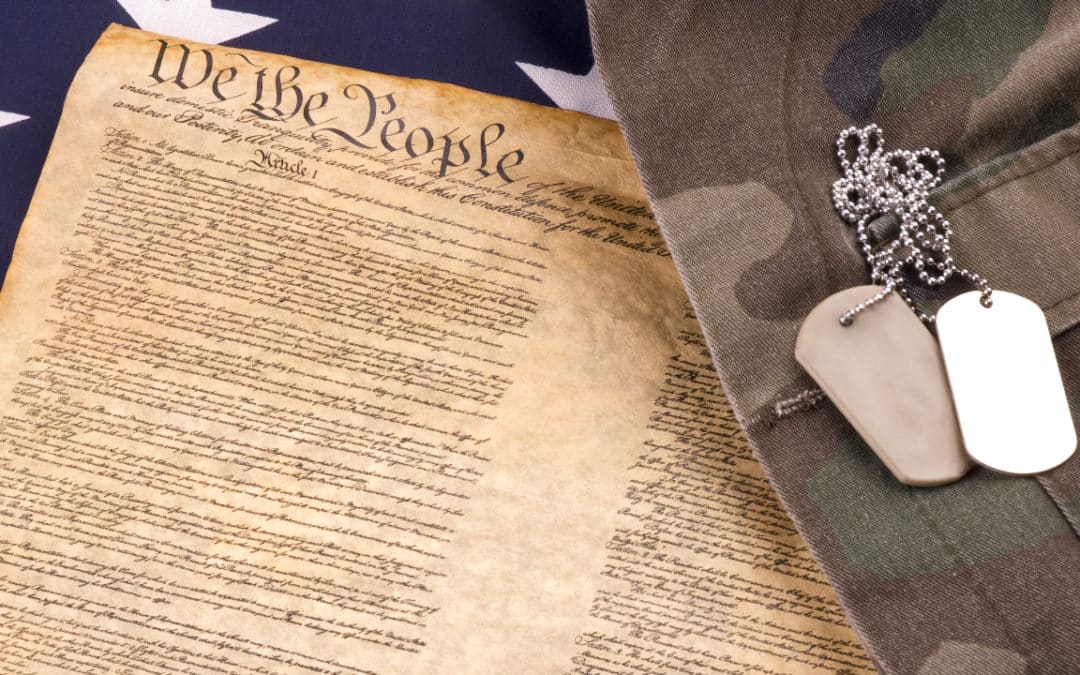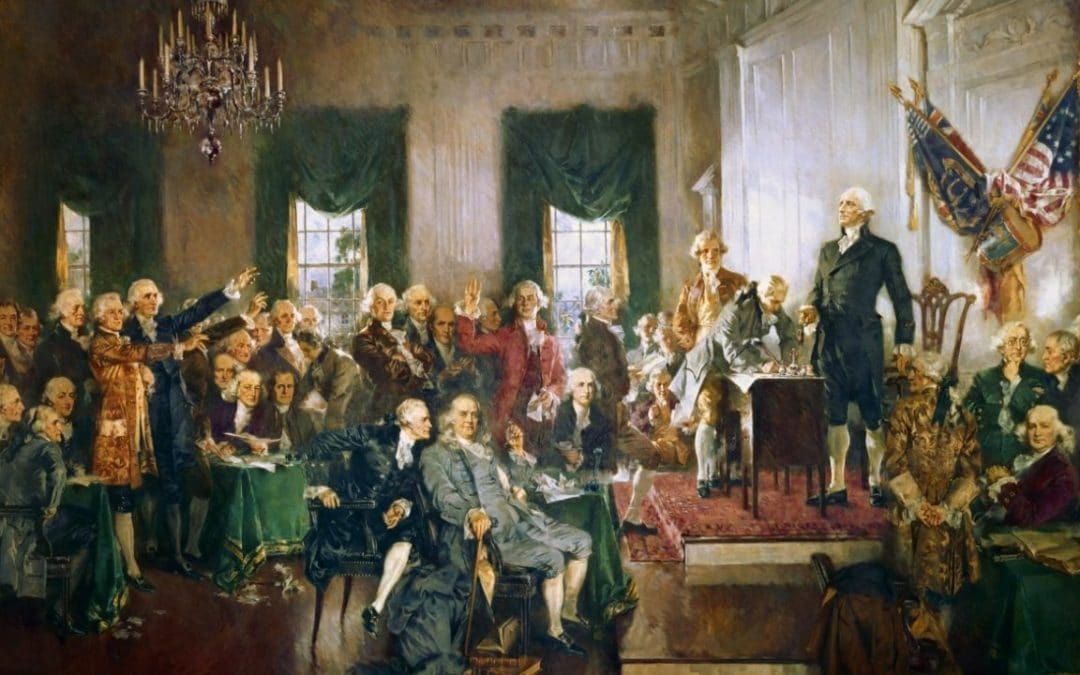
Constitution


Were the Anti-Federalists Right?
“A monarchy, or a corrupt, tyrannical aristocracy” That’s what George Mason predicted we’d get under the constitution. And he was far from alone. The Anti-Federalists repeatedly warned that the constitution wouldn’t actually create a federal union....
Tariffs: The First Economic Battle Under the Constitution
The very first economic fight under the Constitution wasn’t over a national bank. It wasn’t over building roads or canals. It was about tariffs. This was, as James Madison called it, the subject of “the greatest magnitude” – demanding, he insisted,...
President Trump, the Constitution, and the National Guard Cases
How extensive is the President’s power to deploy state units of the National Guard for federal law enforcement? On June 19, the United States Court of Appeals for the Ninth Circuit ruled in Newsom v. Trump that the President could deploy the Guard to protect federal...
Unconstitutional “Laws” Don’t Exist
“An Act Against the Constitution is Void” The American Revolution kicked off in 1761 with a single principle from James Otis Jr.: an unconstitutional law is NO LAW AT ALL. Any government act exceeding its legitimate authority is void the moment it is passed. It has no...
